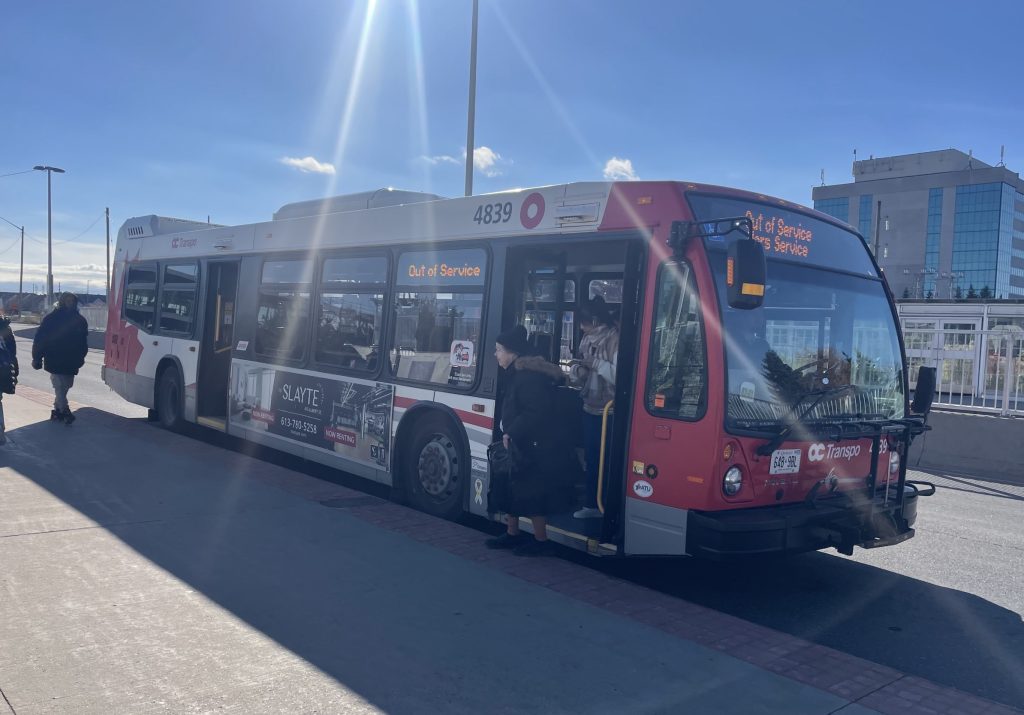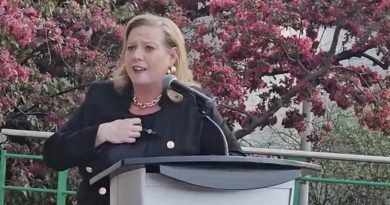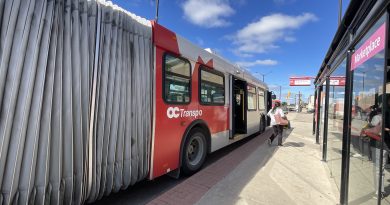Transit Fares and Cuts Will Be a Major Driver of the 2025 Budget
By Wilson Lo, Barrhaven East Councillor
Last month, Council discussed and voted on budget directions for the 2025 municipal budget.
Budget directions were approved by the Finance and Corporate Services Committee a few days before, capping the general property tax increase to 2.9 per cent, combined with an overall growth of 1.5 per cent from new development.
Transit is the exception and where things get tricky.
You may recall the Mayor’s Fairness for Ottawa campaign, which he launched in August, identifying general underfunding by the province when it comes to transit.
His claims were recently backed up by a report from the Financial Accountability Office of Ontario, stating that transit subsidies in the Greater Toronto Area equal almost $200 per resident, the same subsidy was $31.91 per resident in Ottawa, while London has it the worst at $15.33 per resident.
Since municipalities cannot legally run deficits, staff presented options of ranges, that are dependent on the level of financial support the city will receive from upper levels of government.
A transit levy increase could range between 2.9 and 37 per cent, and fares could also increase between 2.5 and 75 per cent. There may be service cuts, capital deferrals, and a re-examination of discounted fare products, depending on the funding we receive.
Based on what the Mayor has shared, a worse-case scenario involving the maximum transit levy, will result in the equivalent of a 9.9 per cent property tax increase, when combined with the general rate.
For reference, the 2024 transit levy for properties in Barrhaven, is 0.21 per cent of the assessed value.
Additionally, the province is wholly funding major transit projects in the GTA, including cost overruns and legal claims, though that is a product of timing and changes in government and policy.
Despite my support for the overall objective of the Mayor’s campaign, I believe we can still do better.
In brief, although the formula of funding transit through the transit levy and fares, plus top-ups from other levels of government, has been dependable for the last 100 years or so, it no longer works.
But because we’ve leaned so heavily on a formula that’s worked for so long, there’s a general lack of creativity in guiding ourselves out of this predicament. Asking for funding from other levels of government really is more of the same.
There are options that leverage the city’s transit land and capital assets, to bring OC Transpo towards financial sustainability. If it is done well, a long-term goal of financial self-sustainability and a sunsetting of most/all of the transit levy may even be possible!
A change like that requires a seismic shift in mentality, structure, and administration, which I am working on. Interestingly, the model is already used in Ottawa, although not for transit, so it’s not another exercise in comparing us to a European or Asian city (though it’s used there as well).
Our situation has given what I’m working on more purpose, and I’m excited to share it with you soon—just working on some final research to properly mature the idea.
For now, staff will be working within the parameters set by Council to develop a draft budget, which will be tabled November 13, 2024. Following that, each Committee will discuss and vote on its specific budget before a final Council decision on December 11, 2024.
Like last year, Councillors Brown, Desroches, Hill, and I will be hosting a joint virtual budget consultation, scheduled for November 19, 2024. Registration links will be available in a newsletter and via my Facebook page.






